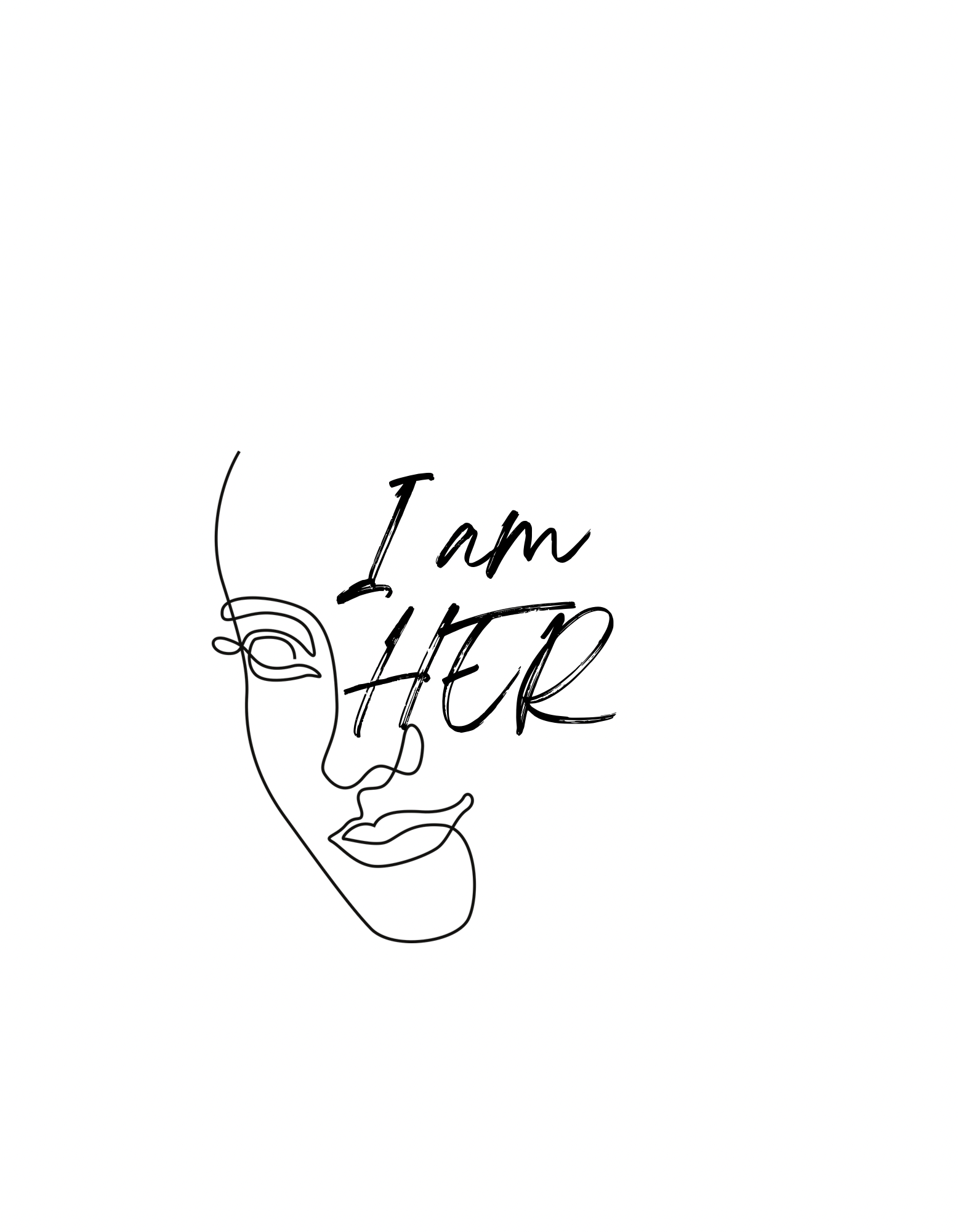Guilty Party: Putting this Complex Emotion in Its Place.
- Janine Bowen

- Feb 6, 2024
- 4 min read
Updated: Oct 17, 2025

Guilt used to be my constant companion, a weight I carried everywhere, convinced it was just part of who I was. Then my therapist changed everything. She didn't just help me understand guilt; she taught me how to put it in its proper place and transform my entire perspective.
Today, I want to pay that gift forward.
The Surprising Truth About Guilt
Here's what most people don't realize: guilt isn't inherently bad. From both psychological and social perspectives, guilt actually serves several powerful functions in our lives.
Social Harmony: Guilt acts as a social glue, discouraging behaviours that could harm others or violate community norms. It keeps our relationships and communities healthy.
Moral Compass: Guilt prompts us to measure our actions against our personal values and community standards. It creates space for accountability and repair when we've made mistakes.
Empathy and Connection: When we feel guilty about our actions, we're motivated to make amends and show up with greater kindness. Guilt can inspire us to be more helpful and compassionate toward others.
Self-Improvement: Guilt encourages reflection. It invites us to examine our behaviour and make positive changes that align with who we want to be and the values we hold dear.
The Guilt Tax: What Women Carry
But here's what we need to talk about: as women, we've been conditioned to carry a disproportionate burden of guilt. From childhood, we're taught to put everyone else's needs before our own. We're expected to be caregivers, peacemakers, and selfless nurturers, always available, always accommodating, always perfect.
Society has created two impossible standards for us:
The Perfection Trap: We're expected to never make mistakes. To be flawless mothers, daughters, partners, professionals, and friends - all at once, all the time. When we inevitably fall short of this impossible standard, guilt rushes in to fill the gap.
The Manipulation Tool: When we do make errors, because we're human, guilt is weaponized against us. It's used to berate us, control us, and keep us in line. "A good mother wouldn't..." "If you really cared, you would..." "You should feel bad about..."
This is where we need to pause and ask ourselves the hard questions:
Why do I feel guilty right now?
Is this guilt based on my own values, or someone else's expectations?
Who benefits from my guilt?
What am I being kept from pursuing because of this guilt?
When we step back and examine the circumstances around our guilt, we often discover something profound: our guilt is serving someone else's agenda, not our own growth. It's keeping us small, compliant, and available, but at what cost to our dreams, our health, and our sense of self?
When Guilt Becomes the Enemy
When guilt overstays its welcome, when it becomes chronic and all-consuming, it transforms from a helpful guide into a dream-killer. Too much guilt doesn't just weigh us down; it actively sabotages our potential.
Self-Sabotage: Excessive guilt fuels procrastination, avoidance, and eroded confidence. It makes pursuing our goals feel impossible because we're constantly second-guessing ourselves.
Diminished Self-Worth: Chronic guilt whispers that we're unworthy of success or happiness. It creates an invisible barrier between us and our dreams, convincing us we don't deserve to pursue them with full enthusiasm.
Fear of Success: Some of us carry guilt about the very idea of achieving our dreams. We worry about negative consequences—for ourselves or others—so we hold back from going all in.
Distorted Priorities: When guilt dominates, we prioritize everyone else's needs above our own. Our aspirations get pushed aside, our growth gets delayed, and we forget that our dreams matter too.
Emotional Exhaustion: Chronic guilt drains us. It feeds anxiety and depression, sapping the energy and motivation we need to move forward.
Reclaiming Your Power
The good news? You can overcome guilt's negative grip on your dreams. Here's how:
Practice self-reflection: Get curious about where your guilt comes from and whether it's serving you or sabotaging you. Ask yourself who benefits from your guilt.
Embrace self-compassion: Treat yourself with the same kindness you'd offer a dear friend facing similar struggles. You're allowed to be imperfect.
Seek support: Connect with trusted friends, mentors, or professionals who can help you process and reframe your guilt.
Challenge your beliefs: Question the stories you tell yourself about success, worthiness, and what you deserve. Whose voice is really speaking?
Set boundaries: Recognize that saying no to others sometimes means saying yes to yourself—and that's not selfish, it's survival.
Addressing the root causes of your guilt and developing a healthy relationship with this complex emotion isn't just possible, it's essential. When you put guilt in its proper place, you free yourself to pursue your goals and aspirations with genuine confidence and resilience.
You deserve to dream without guilt holding you back. You deserve to prioritize yourself without apology. You deserve to be imperfect and still be worthy.

#womencoachingwomen #entrepreneur #planneraddict #dreams #dreamscometrue #lifecoachforwomen#motivation101#lifecoaches#inspirationdaily#lifecoachingworks#lifecoachschool#selflovejourney#mindsetcoaching#selfcarematters#lifestylecoach#mindfulnesspractice#mindfulnessmeditation #fearless #overcomingfear #facingfear #happiness #2024goals #findyourfreedom #findyourpurpose #ambition#motivatedwomen#successcoach#goals#careergoals#lifegoals#goalsetting#happiness#purpose#innerwork#alignment#mindset#mindsetshift#loveyourself#motivational#motivation#selflove#empowerment#lifecoachinghappiness#successisamindset#personaldevelopmentcoach#loveyourselfmore#mentalhealthisimportant#happinessisachoice#personalgrowthjourney#positivevibesalways







Comments